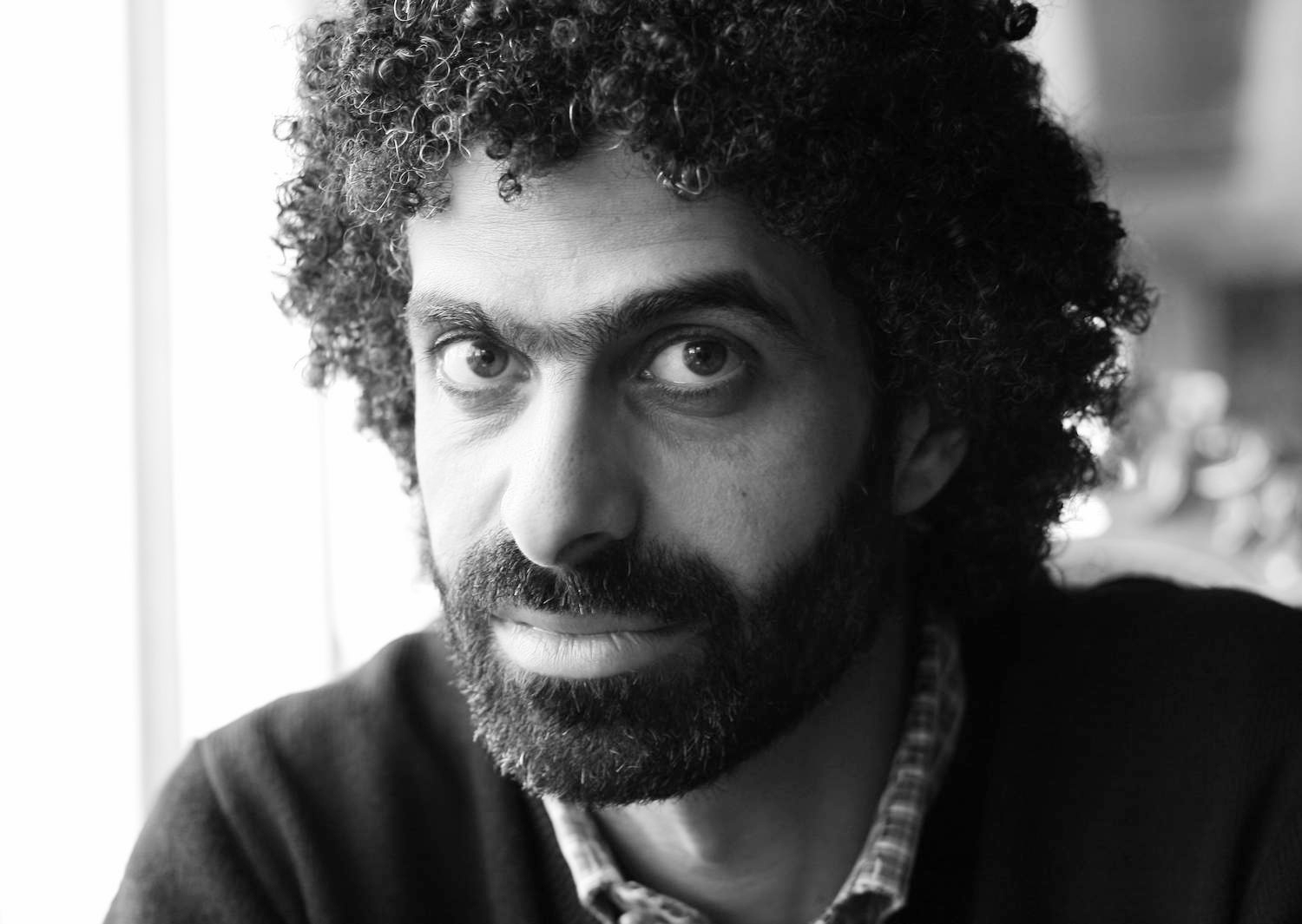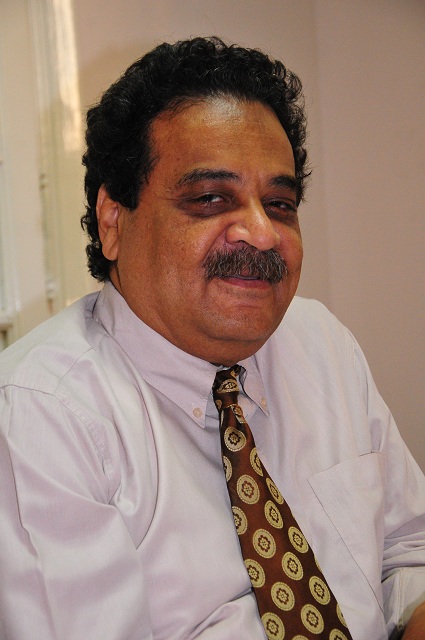By Alya Essam
After a curtailed euphoria surrounding the presidential elections, Egyptians remain clutching to optimism that their newly-elected President Mohamed Morsi will forgo the attitude of former pompous Egyptian presidents and truly feel for all of them.
Morsi, who has always been a substitute candidate for the once-banned Muslim Brotherhood, will have to immediately take decisive actions on how to – probably – revamp the country.
One day after Morsi was named Egypt’s new civilian president –who is supposed to end the dark 30 years of Hosni Mubarak’s rule- rode in a large convoy of prestigious cars, motorcycles, along with an ambulance, as he headed out of his house in New Cairo to the presidential office.
A temporary block of the famous Al-Teseen road affected everyone headed on the same road. For many, the scene was a mere reminder of Mubarak’s convoys returning once, reminders of days when drivers in their cars mumbled in disgust as vehicles hardly move. It was only Morsi’s first day after victory!
In the following day, reports circulated that many unveiled girls have been verbally harassed and insulted for not walking around in Cairo’s downtown without Islamic garb. Many were called members of ‘Shafiq’s Team’ and were threatened to be soon excluded from the community. Wisely enough, many men who witnessed the abuse noted the harassers do not belong to the Muslim Brotherhood but are simply supporters of Morsi’s victory and his representation of Islam. Then comes Morsi’s political advisor who stated the president’s intentions to appoint many vice-presidents.
For me, this was a sign ending some of the dominating negative stereotypes imminent from Morsi, who once was the head of the Freedom and Justice Party. As I heard his first presidential speech, I admired the sweet-coating phrases addressing taxi and toktok drivers, especially asserting that ‘he is the leader of all Egyptians.’
Morsi’s road is steep indeed. He has to intensify efforts to deliberately convince the nation that he has ended his ties –may be not spiritually- with the brotherhood in order to build the cornerstones of a truly civil country. It will not be an easy pill for liberal and socialist Egyptians to swallow, if an Islamist candidate accomplishs their dream of genuine civilian rule.
Critics, however, fear the mixing of religion with politics. Will we see our children studying a chapter of Hassan Al-Banna’s biography in next year’s history textbooks? The new president has no choice but to act steadfast while putting his eyes on the 25 January revolutionary aims. In this president’s particular case, Egyptians –as they take very baby steps towards democracy – will need heightened standards of accountability and responsibility. It is a tough road ahead indeed. Now, it is the time for Morsi to prove to them that they had not made the wrong decision.




